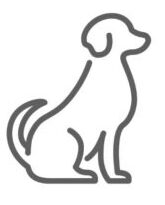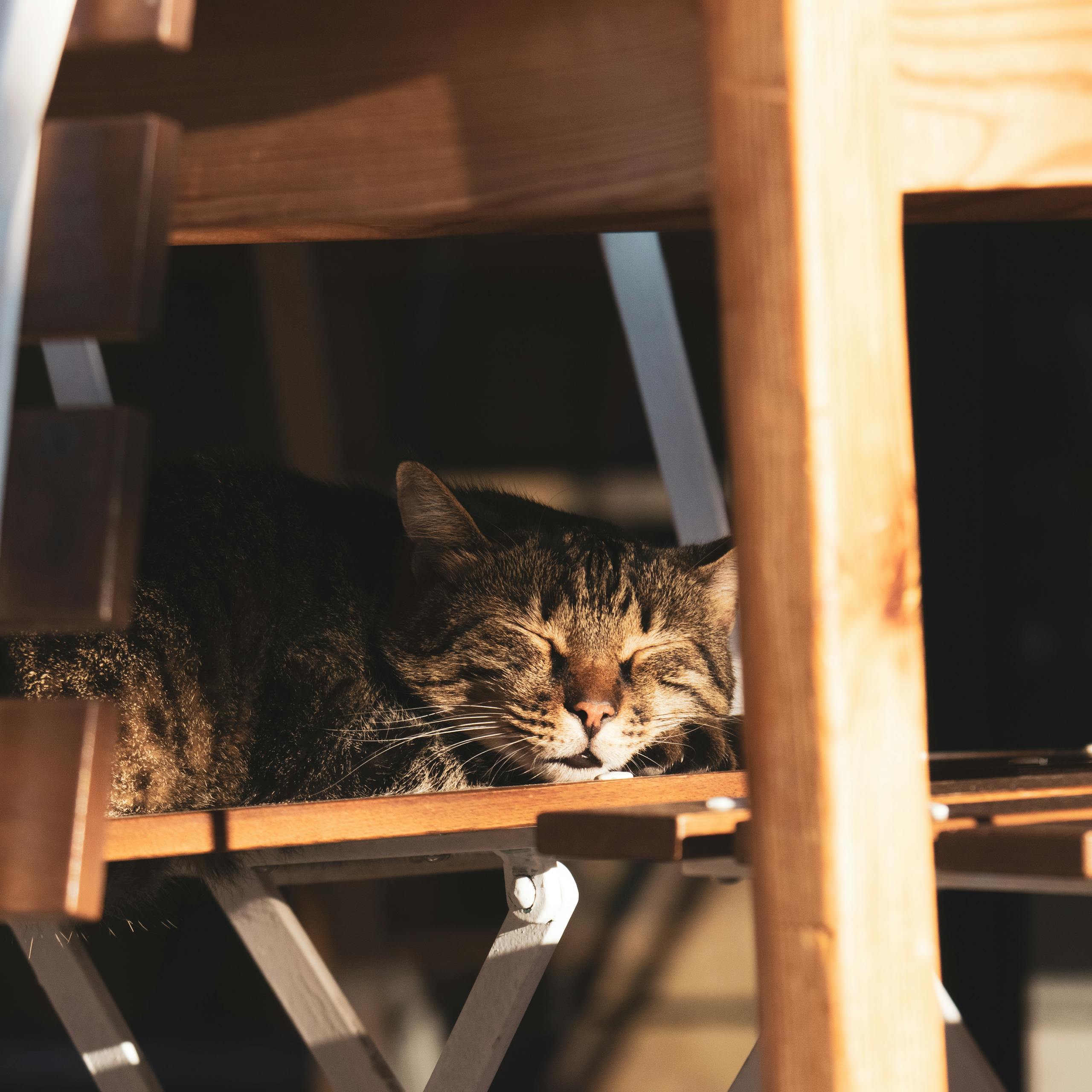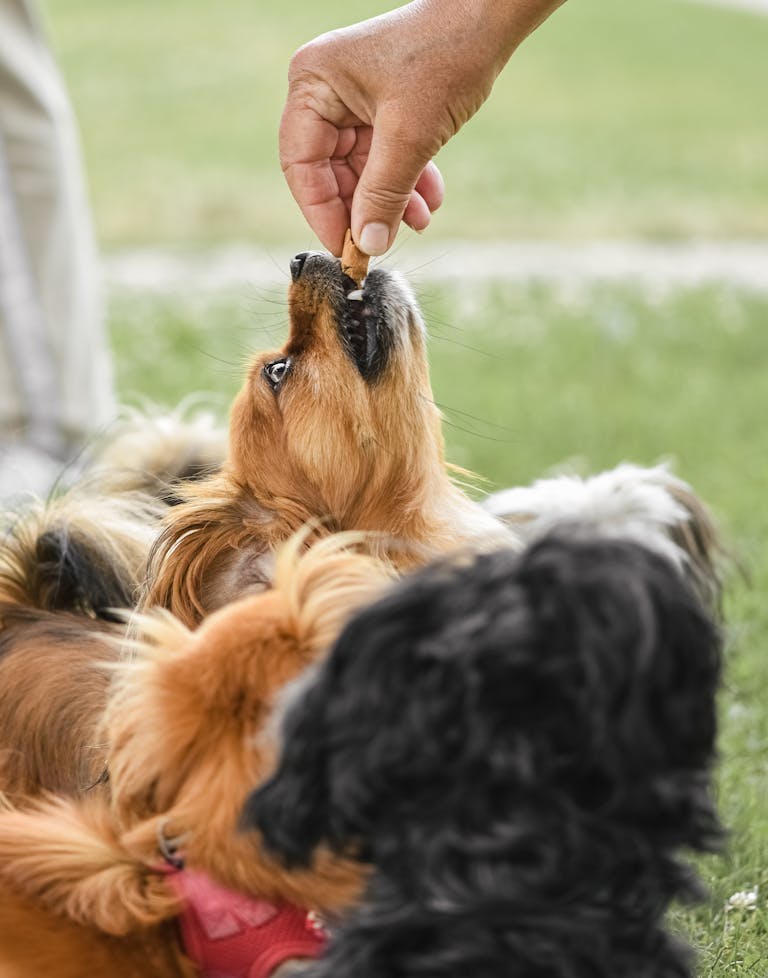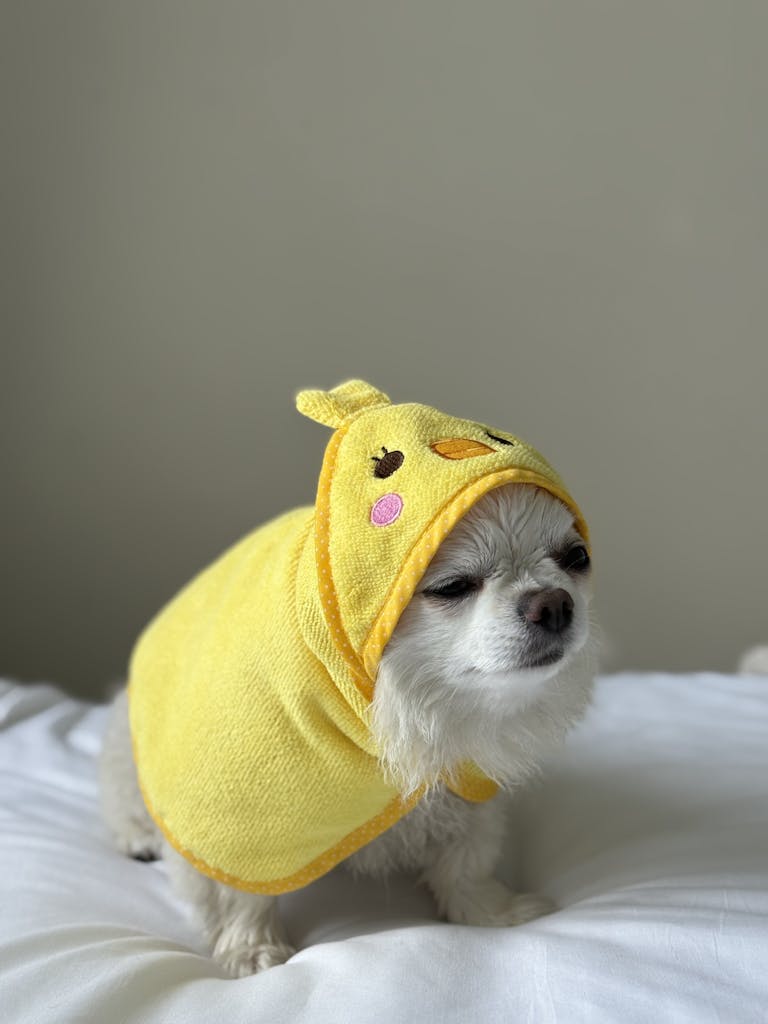Cat Sneezing But Acting Normal | Causes & Vet Advice
Is your cat sneezing but acting normal? Learn harmless causes, when to worry, and simple home care tips.
As dogs age, their nutritional needs change. Senior pups may struggle with joint pain, weaker immunity, or low energy. The right vitamins can keep them healthier and more active. Here’s a breakdown of the best vet-approved supplements for older dogs in the US.
Why Senior Dogs Need Vitamins
- Aging reduces natural nutrient absorption.
- Immune systems weaken with age.
- Joints and bones become more fragile.
Best Vitamins for Senior Dogs
- Glucosamine & Chondroitin → joint support.
- Omega-3 Fatty Acids → reduce inflammation, support heart health.
- Vitamin E → brain function and immune health.
- B Vitamins → boost energy and metabolism.
- Probiotics → improve digestion.
How to Choose Safely
- Pick supplements made for dogs, not humans.
- Choose brands tested by vets or third parties.
- Avoid artificial fillers or sweeteners.
FAQs
- What is the best vitamin for joint pain? → Glucosamine + chondroitin.
- Can I give my dog human multivitamins? → No, toxic ingredients risk.
- When should I start senior vitamins? → Around age 7 for large breeds, 9 for small breeds.
Meta Title: Best Vitamins for Senior Dogs | Vet-Approved Guide
Meta Description: Find the best vitamins and supplements for senior dogs. Vet-approved picks for joint health, immunity, and energy.
Slug: /best-vitamins-senior-dogs
Schema: includes 3 FAQs above.
Article 5: Cat Sneezing But Acting Normal: Causes & When to Worry
Intro
If your cat sneezes but seems perfectly fine otherwise, it might not be serious. Occasional sneezing is normal, but frequent sneezing can signal allergies or mild illness.
Common Causes
- Dust or pollen allergies.
- Air fresheners or smoke irritation.
- Mild upper respiratory infection.
- Foreign particles (like hair or dust).
When It’s Harmless
- Sneezing once in a while.
- No changes in appetite or energy.
When to See a Vet
- Frequent sneezing daily.
- Discharge from nose or eyes.
- Loss of appetite or lethargy.
Home Care Tips
- Keep litter box dust-free.
- Run an air purifier.
- Avoid scented cleaning products.
FAQs
- Why does my cat sneeze after eating? → Food dust or allergies.
- Can cats be allergic to humans? → Yes, rarely.
- Do cats outgrow sneezing allergies? → Sometimes improves with age



